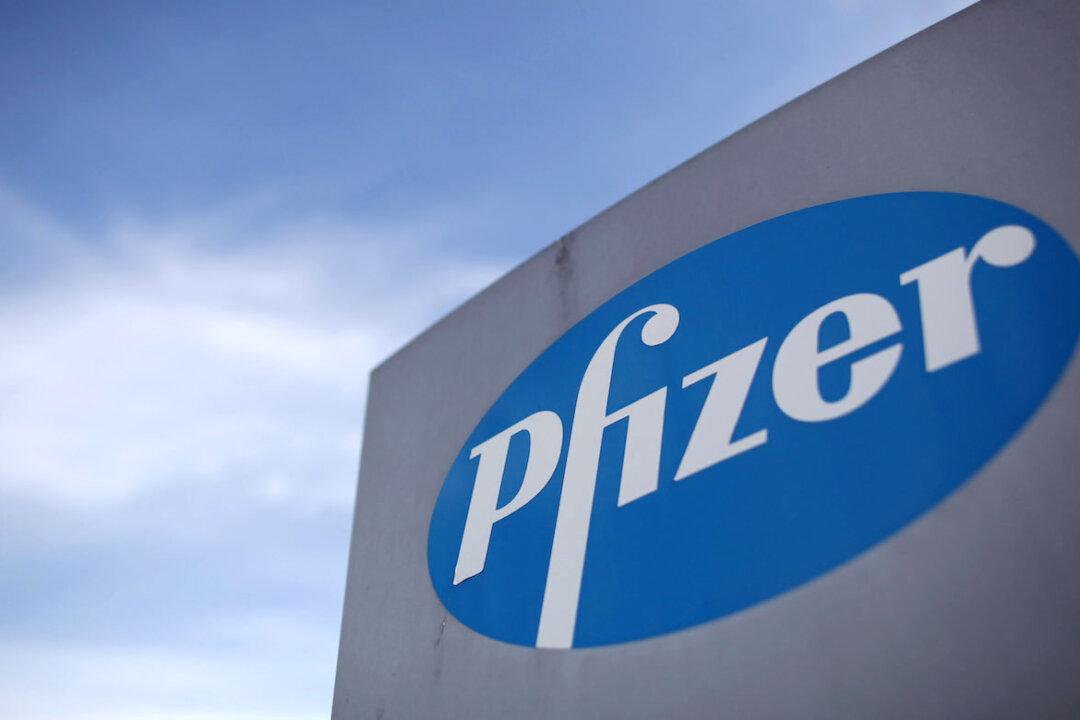An MP has called for “full and mandatory disclosure” after an investigation found that royal colleges in the UK have received millions in marketing payments from drug and medical devices companies.
An investigation published by the British Medical Association on Tuesday found that royal colleges in the UK have received more than £9 million in marketing payments from drug and medical devices companies since 2015 sparking conflict of interest concerns.





